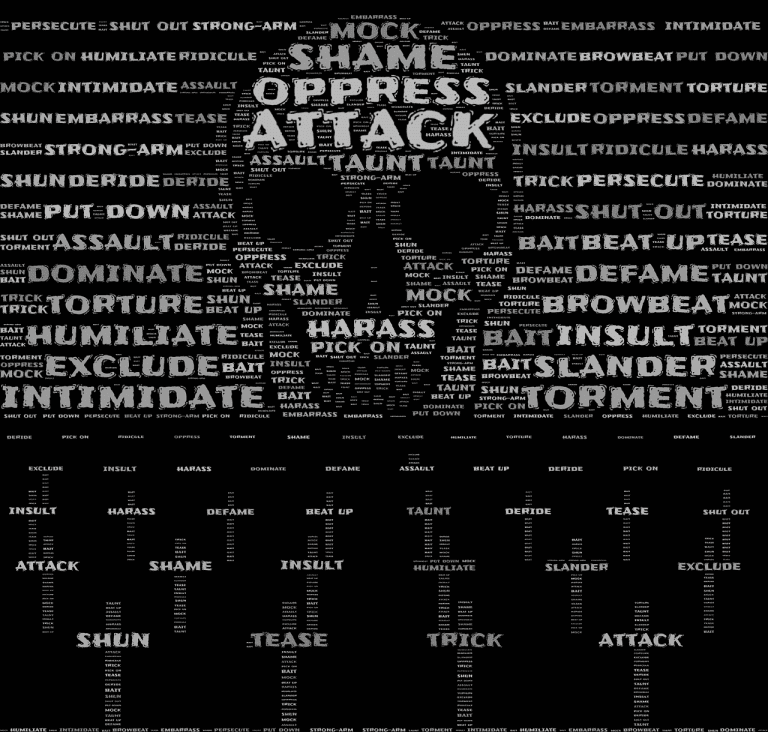Why does shame have a bad name in the West, yet Confucian societies regard shame as essential for morality? We explore this question in Part Three of my “interview” with Bongrae Seok’s Moral Psychology of Confucian Shame: Shame of Shamelessness (MPCS).

In Part One, we considered why Confucian shame is a “moral emotion” whereby one internalizes virtues or goals. Part Two distinguished 3 features of “moral shame.”
Who’s responsible for stuff in my life?
JWu: In the previous post, you suggested that Westerners view shame negatively because they have a different understanding of the “self.” We need to unpack this further.
In Western culture, “autonomous individuals” believe in “internal attribution.” In Confucian culture, people believe more in “external attribution.” Define what you mean so we can then understand why this observation matters?
MPCS:
External attribution characterizes most collectivist cultures: “…as a result, the sense of moral agency, specifically the moral responsibility of an individual agent for her action, tends to be diffused with and deferred to other people or external environments, some of which are considered uncontrollable external contingencies” (p. 72).
For Westerners with “internal attribution”, they think, “Why did X happen to you? X happened because of my action or decision” (p. 71).
“[S]ocieties in which external attribution is a common mode of folk psychological explanation, shame is a dominant moral force—it is more frequently used to describe and regulate moral violations and social failures than guilt. In contrast, guilt is a dominant psychological mechanism to deal with moral violations in a culture in which internal attribution is common” (p. 71).
Is shame “dangerous”?
JWu: Why then does shame tend to be regarded as “dangerous” in the West?
MPCS:
According to psychologists, “particularly, strong inner attribution patterns found in most Western societies show that people in Western cultures understand their selves as something that cannot be easily transformed by external contingencies because their inner selves are understood as fully consolidated inner causes and authorities of their actions and dispositions. For this reason, challenging the inner foundation of a person or inspiring a transformative change in her character often generates negative and depressive consequences,” (p. 149).
“Once moral responsibility is clearly located in the mind or upon the shoulders of a moral agent (with internal attribution), there is no urgency to confront, condemn, or embarrass an agent again to the cost of endangering the integrity of the whole person. Therefore, shame, under internal attribution, tends to become an overly negative and burdensome emotion because, unlike guilt, shame places self-critical pressure on the whole self (not part of the self)” (p. 72).
JWu: Shame feels like the ultimate attack on one’s identity where believe affirm “internal attribution.” However, when we see ourselves as more interconnected to others, shame can have a more constructive influence. Is that right?
MPCS:
“[S]hame plays more active and positive moral roles in cultures where external attribution is dominant. To support and develop moral virtue and moral responsibility, it is important and necessary to confront one’s inner self, not just one’s action or its external conditions, because discrete and individual moral responsibility is not clearly assigned and recognized in external patterns of attribution” (p. 73).
JWu: So, shame recognizes the role of the community in shaping and enforcing moral norms, as if admitting that individuals by themselves need community to live up to ideals?
MPCS:
“…under the externalist orientations of collectivist culture, it is necessary to develop some form of inner moral consciousness and individual responsibility to uphold cooperative moral awareness, which is critical to communal human life.
Perhaps moral shame serves this special need within the social orientations of collectivist cultures where moral responsibility is diffusely distributed to environmental contingencies. Shame fills this gap (or lapse) of moral responsibility generated by external attribution to satisfy the need to support morality and social cohesion” (p. 73).
Shame is a meta-virtue
JWu: Finally, you emphasize the point that Confucian shame is a meta-virtue. What do you mean?
MPCS:
“If a virtue supports, facilitates, or develops other virtues, it is a meta-virtue. A meta-virtue is not a disposition of actions or feelings but a disposition of a disposition of actions or feelings” (p. 148).
“…a virtue is needed not only for the formative development of character traits but also for the transformative or innovative change of the whole self. To support comprehensive and transformative change of the whole self and to sustain the continuous motivation for self-cultivation, an ordinary virtue is not enough” (p. 148).
“That is, the transformative process of self-renovation requires a strong reflective force that only virtues at a metalevel can provide” (pp. 148-149).
JWu: What if a person has no sense of shame? How might we think of a “shameless” person?
MPCS:
“A moral agent without shame, according to Confucius, is a person who simply follows laws (codes of conduct) blindly or selfishly to avoid external sanctions and punishments without any motivation to improve herself (Analects, 13.20)” (p. 150).












